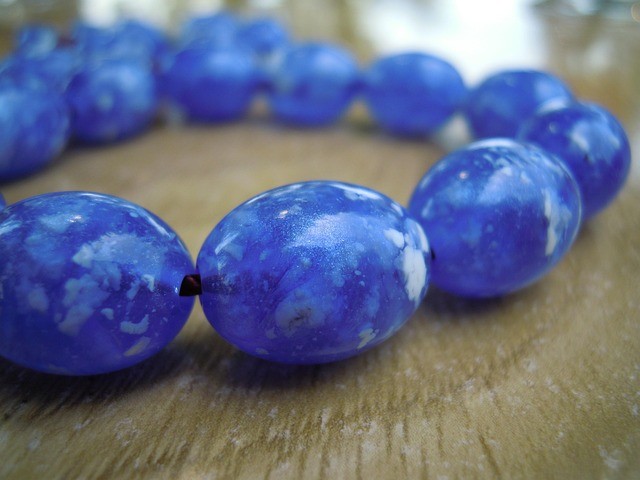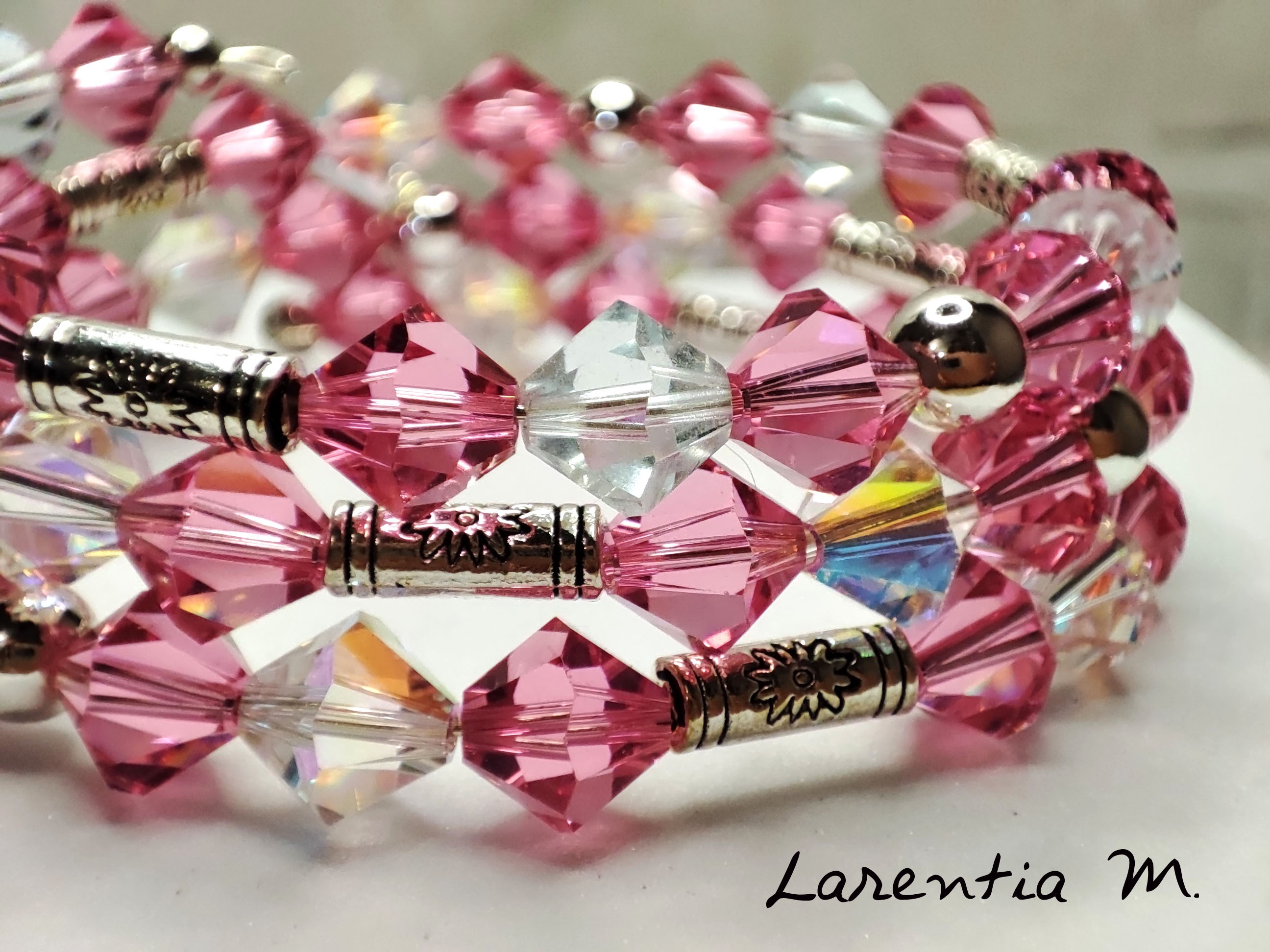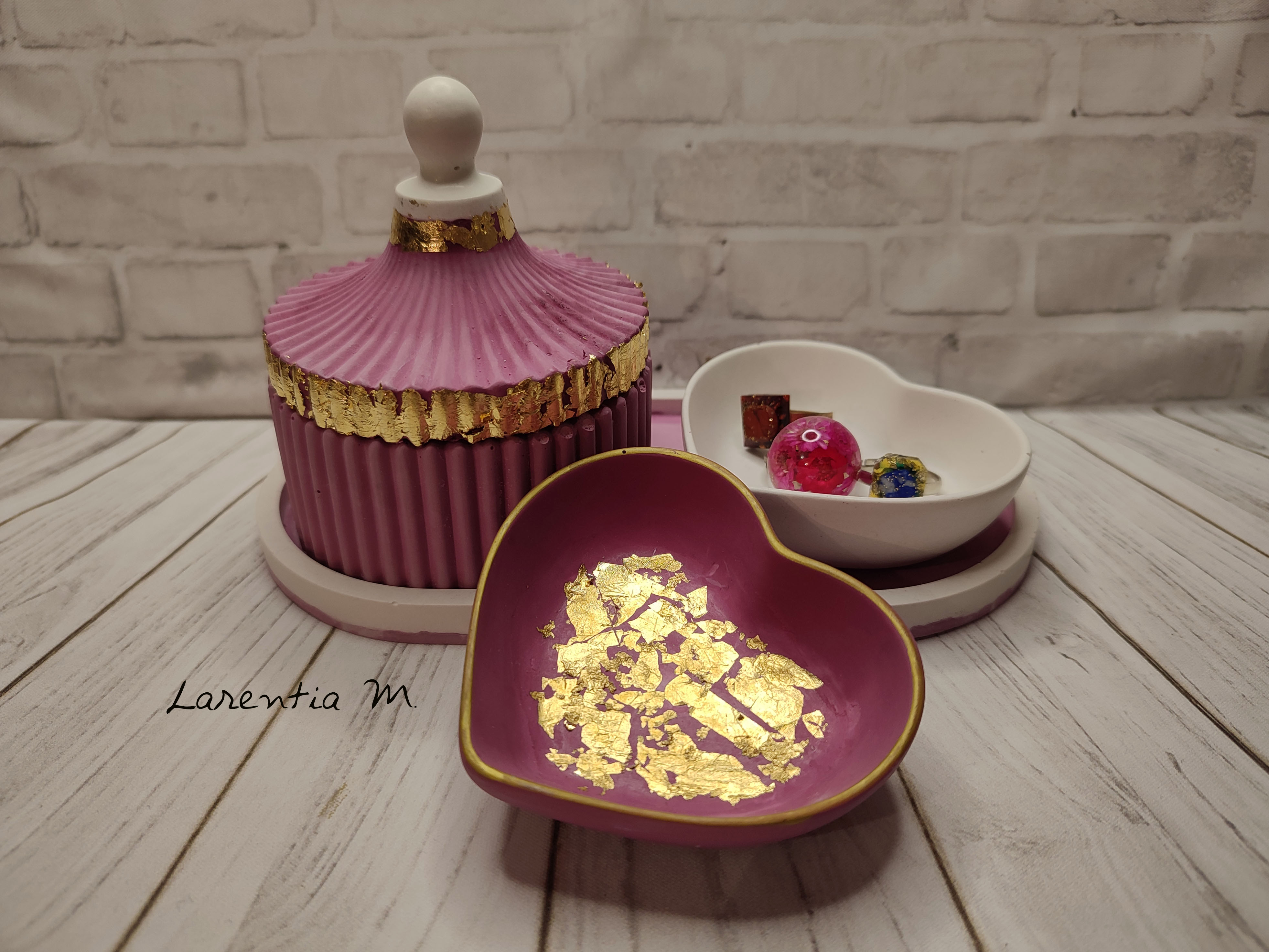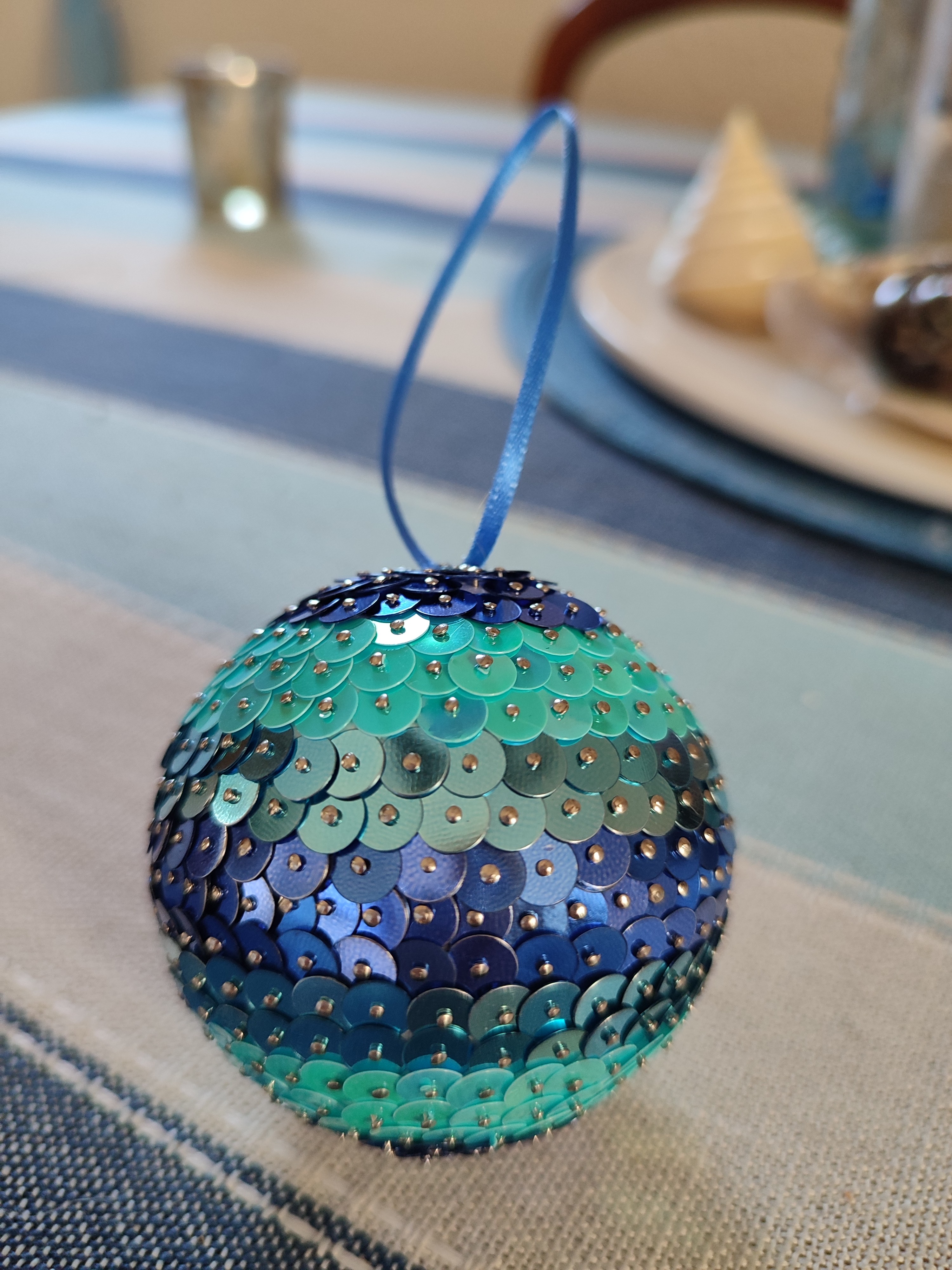Le rose. Cette couleur si particulière qui évoque instantanément la tendresse, la féminité et la délicatesse. Dans...
- Home
- Jewellery
- Well-being
- Deco
- Paintings
- Blog
- DIY
- Contact
Latest posts
-
 L'Intemporelle Beauté de la Couleur RoseRead more
L'Intemporelle Beauté de la Couleur RoseRead more -
 The Kombolois: The Ancestral Art of Mediterranean Bead Strings01/08/2026Read more
The Kombolois: The Ancestral Art of Mediterranean Bead Strings01/08/2026Read moreIn the fascinating world of traditional handcrafted objects, komboloi hold a special place. These strings of beads,...
-
 Les Citrouilles Décoratives : Un Art Ancestral qui Illumine nos Intérieurs10/09/2025Read more
Les Citrouilles Décoratives : Un Art Ancestral qui Illumine nos Intérieurs10/09/2025Read moreLa citrouille décorative est bien plus qu'un simple symbole d'automne. Cet humble cucurbitacée a traversé les siècles...
-
 Le matériel indispensable pour débuter en scrapbooking : votre kit de démarrage créatif09/24/2025Read more
Le matériel indispensable pour débuter en scrapbooking : votre kit de démarrage créatif09/24/2025Read moreLe scrapbooking, cet art de la mise en page créative qui consiste à valoriser photos et souvenirs dans des albums...
-
 Les Perles en Cristal : Trésors Millénaires de l'Artisanat Contemporain08/01/2025Read more
Les Perles en Cristal : Trésors Millénaires de l'Artisanat Contemporain08/01/2025Read moreLes perles en cristal occupent une place privilégiée dans l'univers de la bijouterie artisanale et de la décoration....
-
 Les Attrape-Rêves : Histoire, Traditions et Création Artisanale07/17/2025Read more
Les Attrape-Rêves : Histoire, Traditions et Création Artisanale07/17/2025Read moreL'attrape-rêves, ou dreamcatcher en anglais, est bien plus qu'un simple objet décoratif. Cette création artisanale...
-
 Les Statuettes d'Anges : Entre Tradition Céleste et Art Décoratif07/03/2025Read more
Les Statuettes d'Anges : Entre Tradition Céleste et Art Décoratif07/03/2025Read moreLes anges, ces êtres de lumière qui peuplent nos imaginaires depuis des millénaires, trouvent aujourd'hui une...
-
 Les Boucles d'Oreilles Artisanales : Un Voyage à Travers le Temps et les Cultures06/19/2025Read more
Les Boucles d'Oreilles Artisanales : Un Voyage à Travers le Temps et les Cultures06/19/2025Read moreLes boucles d'oreilles, bien plus qu'un simple accessoire, sont des parures intemporelles qui racontent une histoire....
-
 La symbolique de la couleur rouge05/15/2025Read more
La symbolique de la couleur rouge05/15/2025Read moreLe rouge, une teinte qui captive le regard et enflamme l'imagination. Bien plus qu'une simple couleur, le rouge...
-
 L'histoire du zodiaque et des signes astrologiques05/05/2025Read more
L'histoire du zodiaque et des signes astrologiques05/05/2025Read moreAh, l'éclat mystique des étoiles et leur murmure ancestral ! Quel plaisir de plonger dans l'univers fascinant des...
Blog categories
Search in blog
Epoxy resin vs acrylic resin: Which resin to choose for your creations?
Epoxy resin: the queen of transparency and resistance
Epoxy resin is a mixture of two components: a resin and a hardener. When mixed, they react chemically to form a hard, transparent plastic.
Benefits :
- Exceptional transparency: Epoxy is ideal for highlighting objects included in the resin, such as dried flowers, glitter or pigments.
- Resistance: Once cured, epoxy resin is very resistant to impact, water and UV, making it an excellent choice for jewelry and decorative objects intended for everyday use.
- Gloss Finish: Epoxy naturally provides a high gloss finish, without requiring an additional coat of varnish.
- Versatility: It can be used on a multitude of supports (wood, metal, fabrics, etc.) and allows you to create objects of all shapes and sizes.
Disadvantages:
- Drying Time: The drying time of epoxy resin can be relatively long, especially in cold or humid weather.
- Toxicity: Epoxy resins release toxic fumes during curing. It is therefore essential to work in a well-ventilated area and to wear a protective mask.
- Price: Epoxy resins are generally more expensive than acrylic resins.

Acrylic resin: versatile and easy to use
Acrylic resin is a water-based resin, easier to handle than epoxy. It is often used for painting and modeling.
Benefits :
- Easy to use: Acrylic resin mixes with water and cleans easily with soapy water.
- Fast drying: The drying time of acrylic resin is much shorter than that of epoxy.
- Less toxic: Acrylic resins are less toxic than epoxy resins, but it is still recommended to work in a well-ventilated area.
- Price: Acrylic resins are generally less expensive than epoxy resins.
Disadvantages:
- Less Transparent: Acrylic resin is not as transparent as epoxy, which may alter the appearance of the included items.
- Less resistant: Acrylic resin is less resistant to impacts and scratches than epoxy.
- Less glossy finish: The finish of acrylic resin is generally less glossy than that of epoxy.

Which resin to choose?
The choice between epoxy resin and acrylic resin will depend on your project and your preferences.
Opt for epoxy resin if you want:
- Create transparent and resistant objects.
- Embed objects in resin.
- Achieve a glossy finish.
Opt for acrylic resin if you want:
- A resin that is easy to use and clean.
- Quick drying.
- A more affordable cost.
In conclusion, both types of resin offer endless creative possibilities. By understanding the advantages and disadvantages of each, you will be able to choose the resin best suited to your projects and create magnificent creations.
In my video, discover the different types of resin and their use:
- Epoxy, acrylic or UV resin
- silicone molds for resin
- examples of creation: jewelry with resin pendant, orgonite pyramid, divinatory pendulums
Related posts
-
 How to decorate polystyrene balls?
Posted in: Creative arts tutorials - DIY11/06/2024Polystyrene balls: creative supports for a magical Christmas! Polystyrene balls are versatile and affordable...Read more
How to decorate polystyrene balls?
Posted in: Creative arts tutorials - DIY11/06/2024Polystyrene balls: creative supports for a magical Christmas! Polystyrene balls are versatile and affordable...Read more -
 Tuto décoration boules de plastique transparentes
Posted in: Creative arts tutorials - DIY11/16/2024nnnRead more
Tuto décoration boules de plastique transparentes
Posted in: Creative arts tutorials - DIY11/16/2024nnnRead more -
 Créer des décorations de Noël avec des bâtonnets en bois
Posted in: Creative arts tutorials - DIY12/12/2024L'utlisation de batonnetsRead more
Créer des décorations de Noël avec des bâtonnets en bois
Posted in: Creative arts tutorials - DIY12/12/2024L'utlisation de batonnetsRead more -
 Sublimes suspensions : L'art de décorer votre intérieur avec créativité
Posted in: Creative arts tutorials - DIY02/20/2025Les suspensions décoratives sont bien plus que de simples ornements. Elles apportent une touche de poésie, de...Read more
Sublimes suspensions : L'art de décorer votre intérieur avec créativité
Posted in: Creative arts tutorials - DIY02/20/2025Les suspensions décoratives sont bien plus que de simples ornements. Elles apportent une touche de poésie, de...Read more -
 Le Quilling : L'Art du Papier Roulé, une Tradition Réinventée
Posted in: Creative arts tutorials - DIY03/07/2025Le quilling, également connu sous le nom de paperolles, est un art délicat et fascinant qui consiste à enrouler,...Read more
Le Quilling : L'Art du Papier Roulé, une Tradition Réinventée
Posted in: Creative arts tutorials - DIY03/07/2025Le quilling, également connu sous le nom de paperolles, est un art délicat et fascinant qui consiste à enrouler,...Read more

Leave a comment